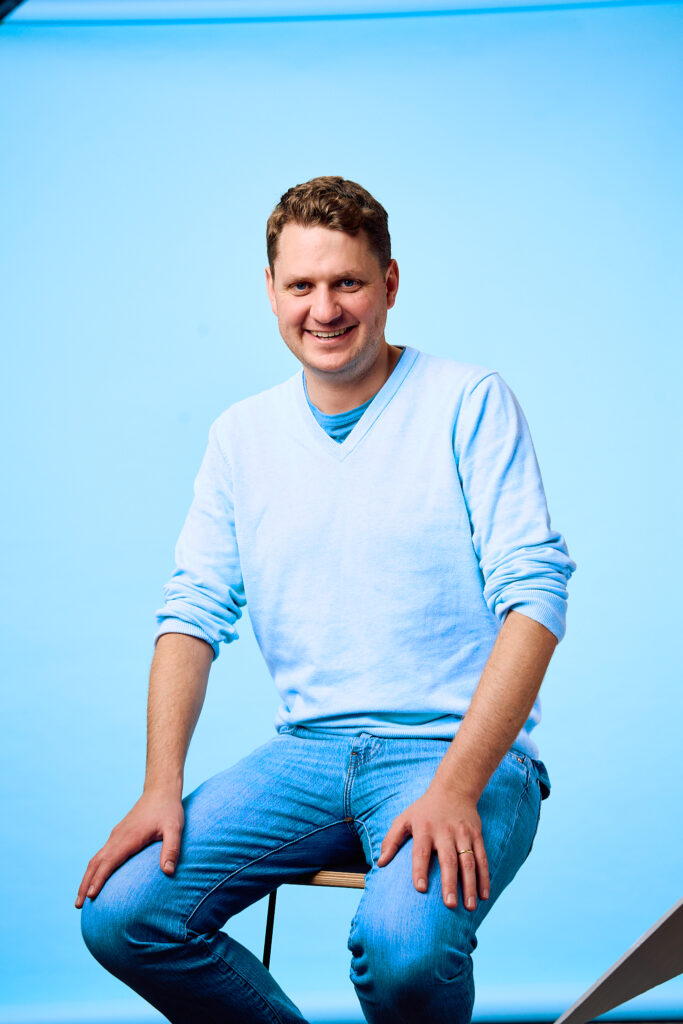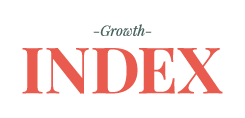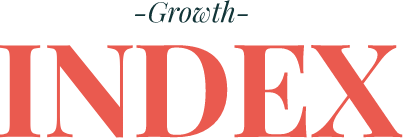Freddy Ward
Wild
The next time you slap on some anti-perspirant, consider how it works. Typically, an aluminium or aluminium-zirconium salt reacts with the water in your sweat, seeping into your pores and forming a thick plug that stops the sweat from leaving.
The idea didn’t appeal to Freddy Ward either. In 2019, the former Hello Fresh marketeer teamed up with friend Charlie Bowes-Lyon to found natural deodorant company Wild, using plant-based ingredients and no harsh chemicals.
After a brief test period, it secured £500,000 in angel investor funding and launched in early 2020 with a refillable, plastic-free product. Wild achieved rapid growth, hitting revenues of £12.5 million the following year, and £46.9 million by the end of 2023, when it also became a certified B Corp. Total funding now stands at £7.5 million.
What did you learn from your test launch in 2019 and your efforts to secure finance as a fledgling entrepreneur?
That minimum viable product was about whether people wanted a natural deodorant, and whether we could persuade them to pay a premium for it. The feedback was clear that people wanted the product concept, but they didn’t want the product we had created. Single-use plastic was also a major consumer concern, and that’s where the refillable idea came from.
There’s a real herd mentality with angel investing. Until you get some names on your term sheet, everyone else is nervous. I must have had over 100 meetings and no one believed natural deodorant could be a big thing. At the time, the total UK market was £2 million I think. Our main early investors ended up being from some companies I was consulting for, plus a couple of my old colleagues from Hello Fresh.
Your launch coincided with Covid lockdowns, and growth hit 4,000% in 2020. How did you approach customer acquisition?
We were dogmatic with our design agency that we needed an aluminium case to feel premium and permanent, and that the refills had to be 100% plastic free. That was the breakthrough innovation we brought to the market.
To begin with, growth was organic, word-of-mouth led. We designed the product to be shared on social, with lots of bright colours. It was great for unboxing. That shareability became a cornerstone of our growth strategy.
We started to realise we could have a bigger impact if we found some influencers, but influencer marketing is a complex world and you can waste a lot of money very quickly. We learned the hard way you have to find people who are aligned with your brand and believe in what you’re doing. Once we did that, we started to lean into influencer marketing more.
Did the pace of growth cause any teething problems?
The scale was way beyond our expectations. The original business plan had something like £10 million in sales over five years; we were run-rating £10 million within six months.
Supply chains were incredibly challenging. Freighting costs went through the roof. Factories had to bring in new standards. It was a very stressful time.
At one point we had two weeks of orders sold but we didn’t have any inventory. Momentum is a strange and fickle beast, and the last thing you want to do is turn off your site or stop taking orders, but we managed to keep the show on the road. It’s amazing how far you can push when you really need something.
You expanded into Europe in 2021, took Wild into wholesale in 2022 and then in the last two years launched new product categories like lip balm and body wash. What was your scaling strategy?
I always believed that being international was the way to build a large and more stable brand — though it took us quite some time to crack Europe [EU sales are now over a third of the group’s total]. Early on, all the advice was to do lots of products, but one of the most strategic things we did was ignoring that advice. We wanted to do one product well and scale that first.
Things were pretty horrible in 2022. We buy a lot of stock in dollars, so the depreciation of the pound in particular had a meaningful impact on our cost base. The funding environment also changed overnight, so we had to put in a lot of discipline and endure some short term pain, but I’m very happy to be running a profitable business. It’s very hard to retrofit it later.
What’s next for Wild?
We want to be the refillable bathroom brand. I’d love to be a modern-day Dove, a brand that people love and associate with on a global scale, probably launching one or two products a year, but making sure they are really good products that people want and that deliver on a sustainability agenda. We’re scaling our impact as well as our revenues.
I’m a very entrepreneurial person, but that’s not necessarily a good thing at this stage, because certain things need to move at a slower, more thought-through pace. We still need dynamism, but it needs to be in a more structured format.


